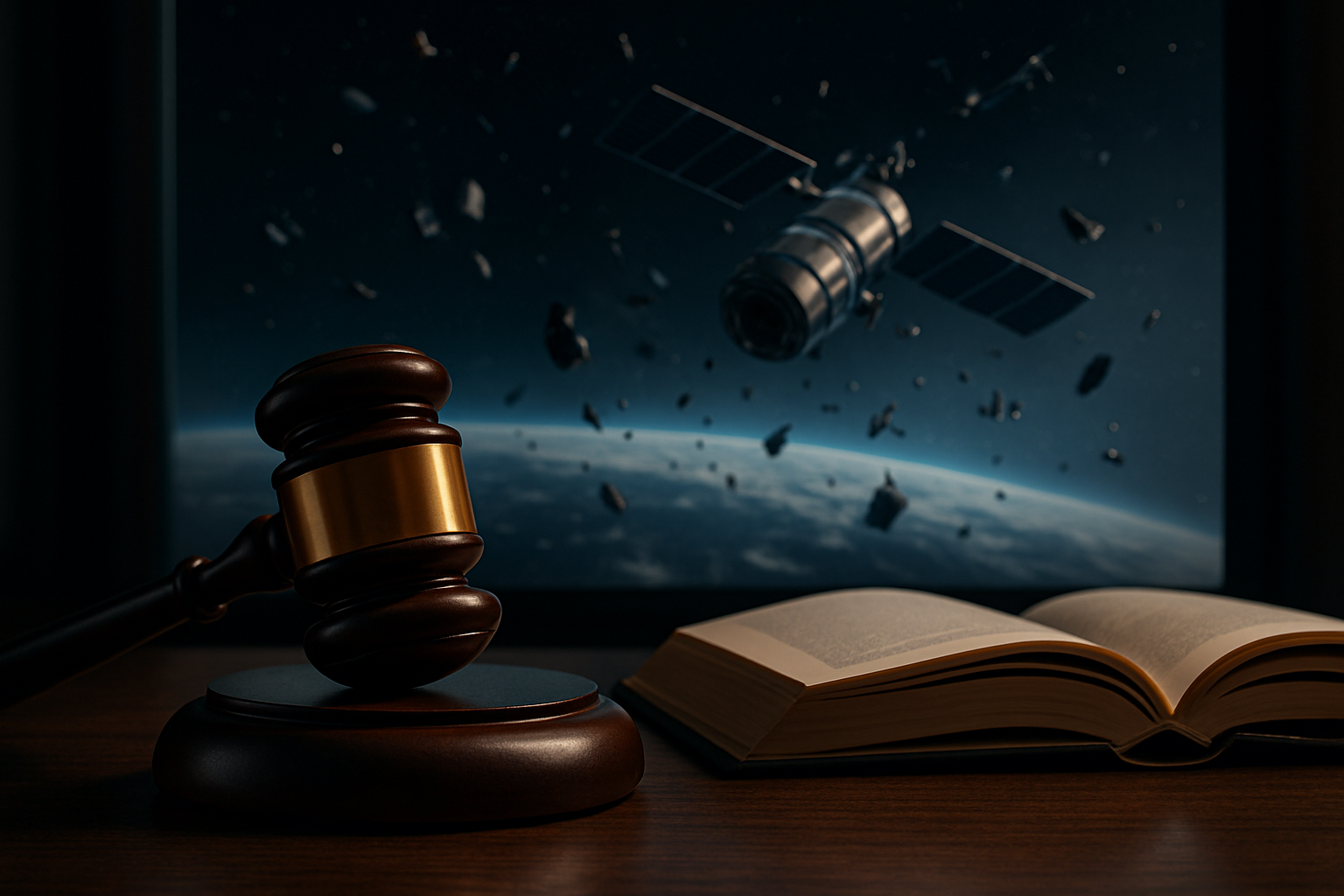Language: English (en)
Exploring the Legal Landscape of Space Mining In an era where commercial space exploration is becoming increasingly feasible, the legal framework surrounding space mining has emerged as a critical area of discussion. As private companies and nations alike set their sights on extraterrestrial resources, the need for clear, comprehensive regulations becomes paramount. This article delves into the evolving legal landscape of space mining, examining current laws, international agreements, and the challenges that lie ahead in this uncharted territory.

National Legislation: Paving the Way for Commercial Space Mining
In recent years, several countries have enacted domestic legislation to address the legal vacuum surrounding space mining. The United States led the charge with the 2015 Commercial Space Launch Competitiveness Act, which grants U.S. citizens the right to own and sell space resources they extract. Luxembourg followed suit in 2017 with its own space resources law, aiming to position itself as a European hub for space mining companies. These national laws have sparked both enthusiasm and controversy within the international community.
International Debate: Ownership and Equity Concerns
The emergence of national space mining laws has ignited heated debates on the international stage. Critics argue that these unilateral actions violate the spirit of the Outer Space Treaty and could lead to a new form of colonialism in space. Proponents, however, contend that these laws are necessary to foster innovation and investment in space exploration. The ongoing discussions at the United Nations Committee on the Peaceful Uses of Outer Space (COPUOS) reflect the complex task of balancing national interests with the principle of space as a global commons.
Environmental Considerations: Protecting Celestial Bodies
As the possibility of large-scale space mining operations looms, concerns about the environmental impact on celestial bodies have come to the forefront. Currently, there is no comprehensive framework for assessing and mitigating the potential ecological consequences of resource extraction in space. Legal experts and scientists are calling for the development of international guidelines to ensure sustainable practices and prevent irreversible damage to extraterrestrial environments.
Dispute Resolution: Navigating Conflicts in Space
The potential for conflicts over space resources raises questions about dispute resolution mechanisms in this new frontier. Traditional international law frameworks may prove inadequate for addressing disagreements between states or private entities operating in space. Some legal scholars propose the establishment of a specialized space court or arbitration system to handle disputes related to space mining and resource allocation. However, reaching a consensus on such a mechanism remains a significant challenge.
Future Outlook: Shaping the Legal Framework
As technology advances and commercial interest in space resources grows, the legal landscape of space mining will continue to evolve. International cooperation will be crucial in developing a comprehensive and equitable framework that balances the interests of spacefaring nations, private companies, and the global community. The coming years will likely see increased diplomatic efforts, new international agreements, and further refinement of national laws to address the complexities of space resource utilization.
In conclusion, the legal aspects of space mining represent a fascinating intersection of space law, international relations, and commercial interests. As humanity takes its first steps towards becoming a multi-planetary species, the development of a robust legal framework for space resource extraction will play a pivotal role in shaping the future of space exploration and utilization. The challenges are significant, but so too are the potential benefits for scientific advancement, economic growth, and the sustainable expansion of human presence beyond Earth.




